Opinions Differ on AP Exams
May 22, 2014
AP examinations have just concluded at Archer. As the culmination of a year’s worth of work in Advanced Placement courses, the exams test students’ skills in specific subject areas. The Archer School for Girls offers many Advanced Placement courses, both offline and online.
Casey Abrahams ‘15 comments, “I think certain AP classes are very challenging, but I have learned so much this year so far. It’s definitely worth taking them…the teachers are very helpful and understanding.”
One senior student has taken AP Chemistry, AP Calculus AB, AP Calculus BC, AP U.S. History, AP Latin: Vergil, AP Literature and AP Human Geography during her years at Archer. She describes advanced placement courses as being “content-heavy” but “enjoyable classes— a source of joy and misery.”
The College Board claims that 82 percent of students believe their AP classes are more worthwhile than regular classes. Their site explains that in AP “you’ll tackle concepts and do things that will stick with you long after the class is through. AP teachers’ hands-on approach to learning takes you out of the typical classroom and into an experience that will prepare you for college and beyond.”
College Board’s AP program has received a fair amount of controversy and is the subject of many differing opinions. An article by John Tierney, a correspondent for The Atlantic, asserted that “AP classes are a scam.” Tierney admits that this is a “strong claim” but insists that AP classes are not “remotely equivalent to the college-level courses they are said to approximate.” Jay Mathews, an education columnist for the Washington Post, attempted to deconstruct some of the anti-AP arguments in his article “20 Ways AP is Bad—Not!”
To improve the curriculum and perhaps confront some of these problems, the AP program will make notable changes over the next few years to particular courses. During the 2013-2014 school year, they have updated the AP Chemistry and the AP Spanish Language and Culture exams. Both have a redesigned course curriculum.
Next year, AP Physics B— a previously offered course— will be divided into AP Physics 1 and AP Physics 2. The site articulates that the AP program has received guidance from the National Research Council and National Science Foundation. With these recommendations the program has decided to make the new AP courses more rooted in mathematics.
The NRC, National Research Council, decided that the AP Physics B exam was too broad, offering only a “cursory treatment of important topics in physics” rather than providing students with a in-depth understanding.
Changes to 2015-2016 courses have also been announced. AP Art History and AP European History will undergo significant modifications. The “Advances in AP” site highlights that both courses are very content-heavy. The changes will give AP teachers a better idea of what topics to specifically cover and help give students a thorough and comprehensive understanding.
One relieved Archer junior comments on the experience, “I am just glad that AP exams are over.”




![Freshman Milan Earl and sophomore Lucy Kaplan sit with their grandparents at Archer’s annual Grandparents and Special Friends Day Friday, March 15. The event took place over three 75-minute sessions. “[I hope my grandparents] gain an understanding about what I do, Kaplan said, because I know they ask a lot of questions and can sort of see what I do in school and what the experience is like to be here.](https://archeroracle.org/wp-content/uploads/2024/03/grandparents-day-option-2-1200x800.jpg)
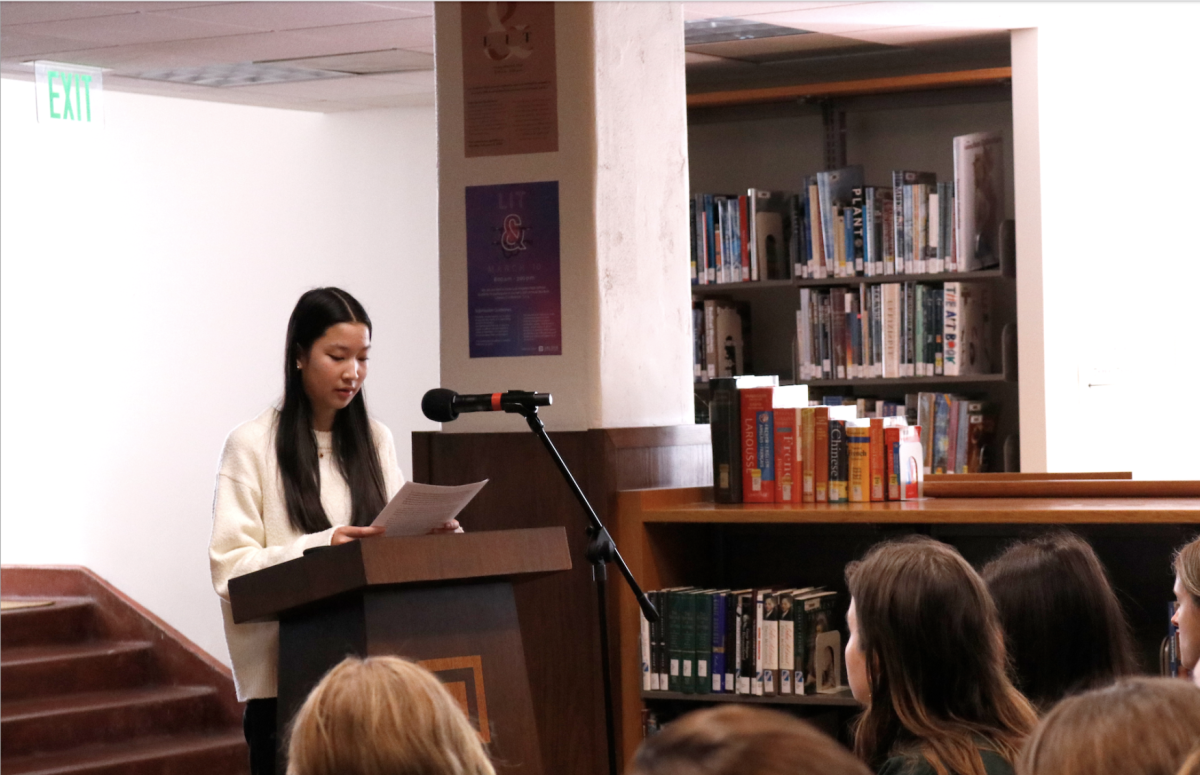











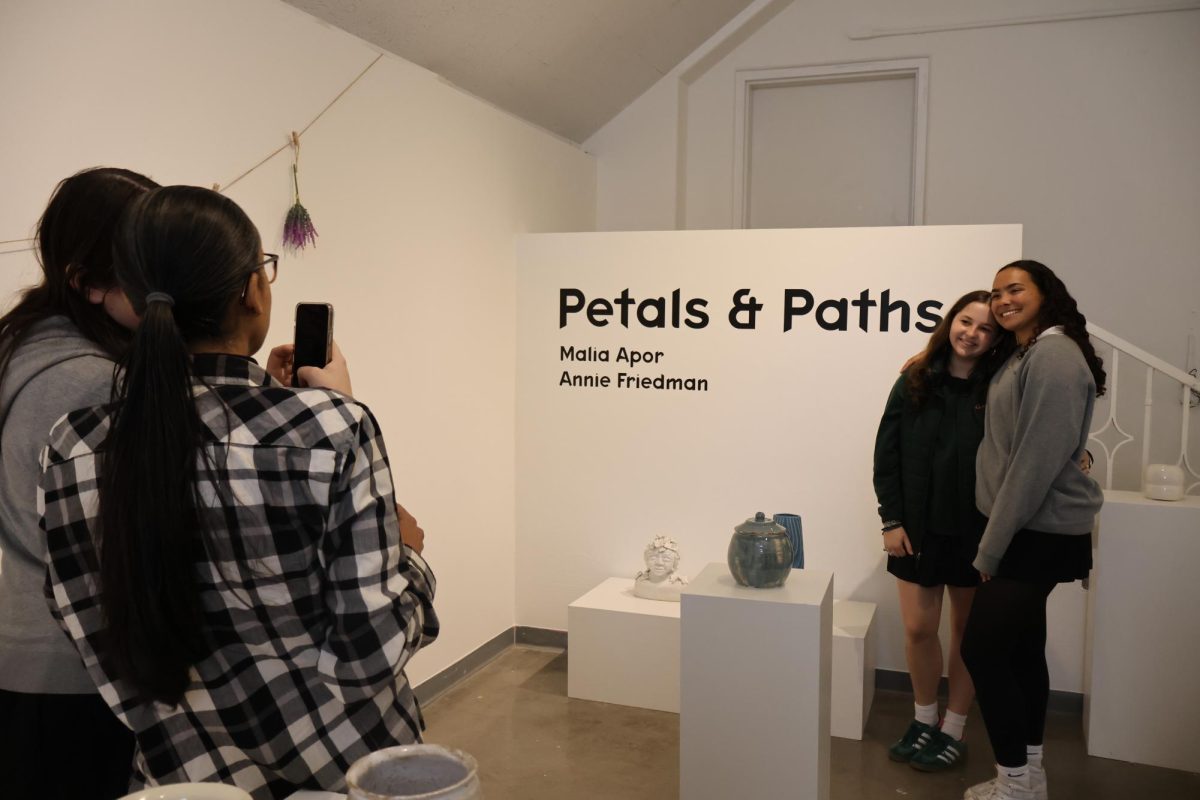







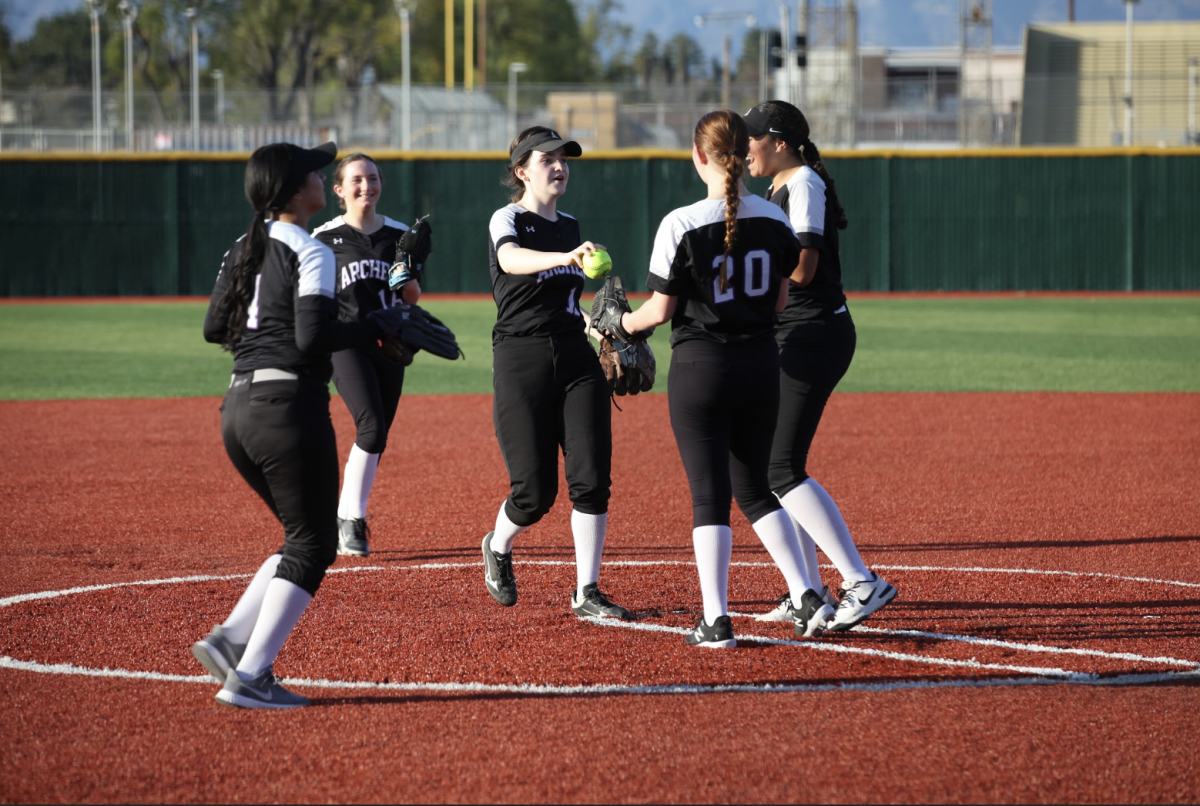
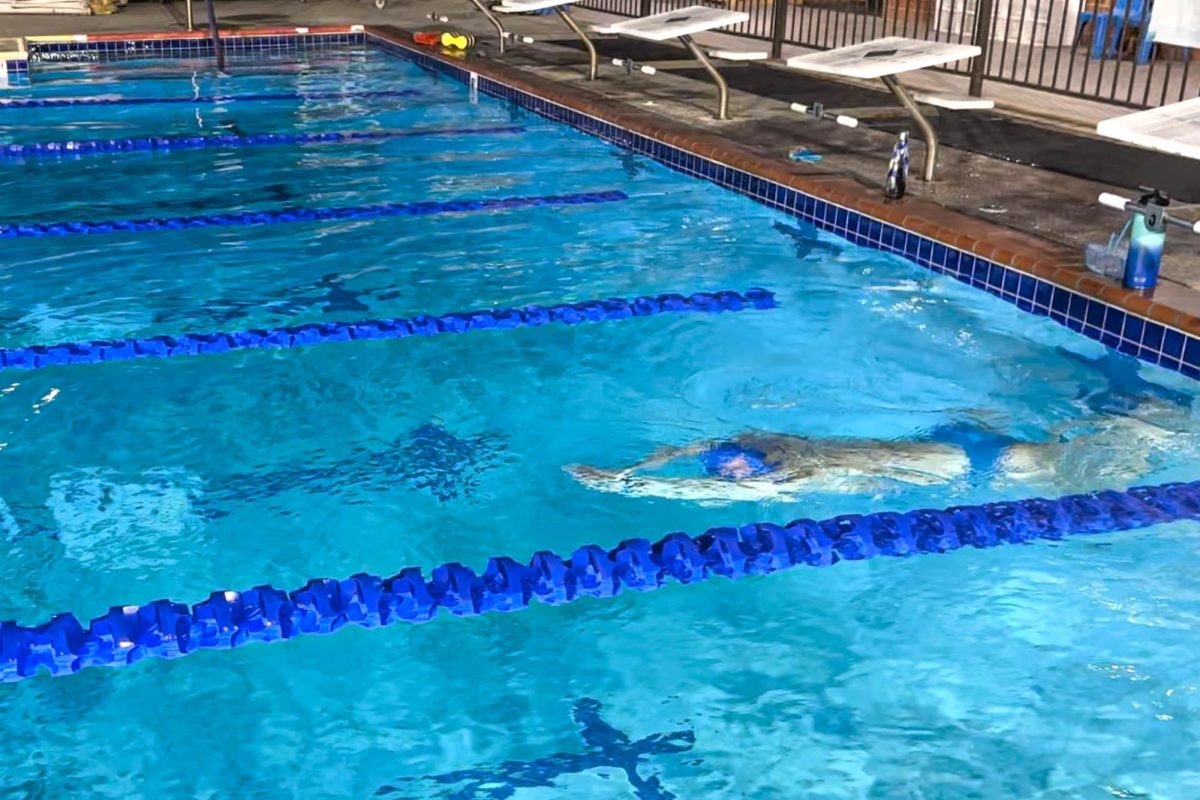

























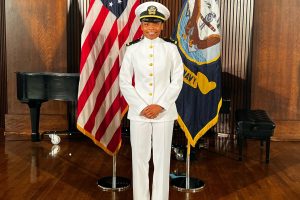



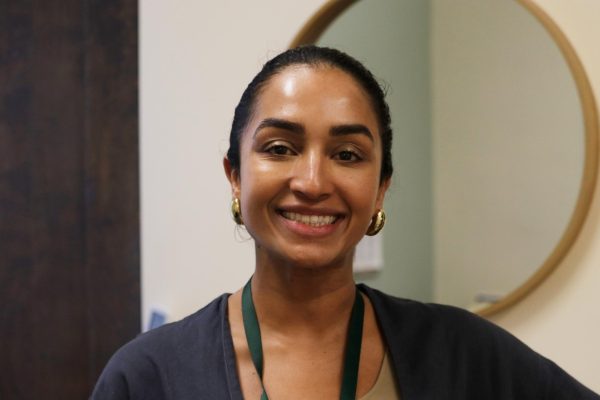


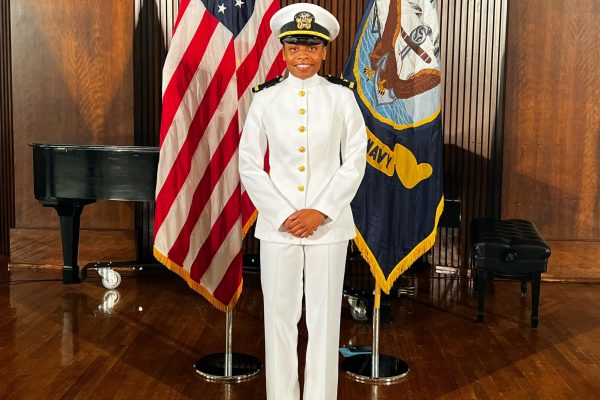

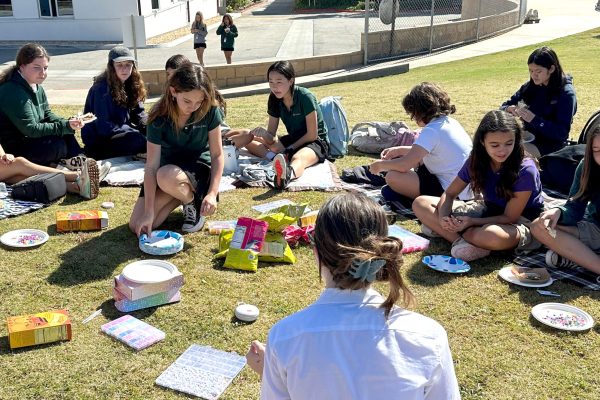


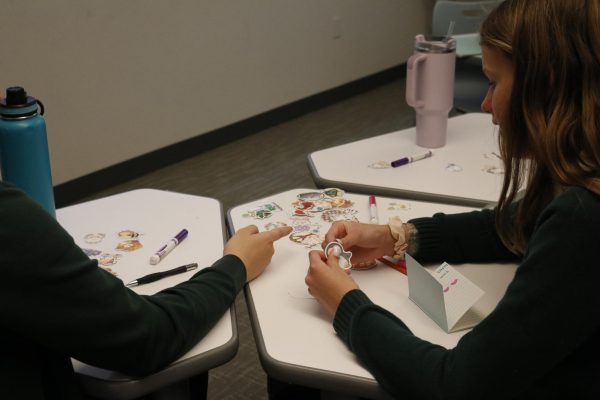

Lindsay Browder • Dec 12, 2014 at 10:04 am
I think AP courses ultimately restrict the teacher to teaching each and every topic will be on the standardized AP test. There’s so much focus on covering a wide range of material in an AP class that the teacher has less freedom to spend more time digging deep and cultivating interest in a few particular topics. For example, in my opinion, the Honors Research class with Ms. Shohfi and Ms. Sengstaken is a much richer experience than taking AP Biology.